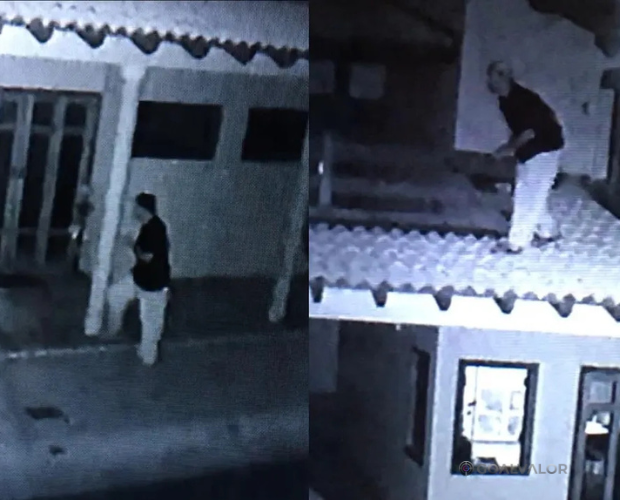The New Real Estate Scam/Blackmail Trend
Returning from a vacation only to discover strangers living in your home. It sounds like something out of a Netflix series—but sadly, it’s a growing reality that could happen to anyone. Especially if you own a property that’s been temporarily vacant. The “okupa” phenomenon is spreading, evolving in its methods, while the law remains slow, tangled in red tape, and often powerless to protect rightful owners.
The cover image is illustrative.
A recent case in Chicago has gone viral, shedding light on a trend that’s no longer marginal or ideological, but criminal and well-organized. Marco Velázquez, an American citizen, returned to his house with the intent of selling it. But when he arrived, he found a couple living there, claiming they were the rightful owners.
When the Law, in the Name of Good Faith, Protects the Abusers
“I knew they were impostors, but the law gave me no quick tools,” Velázquez explained. The police couldn’t intervene immediately—they needed a court order. Meanwhile, the couple presented fake documents that weren’t registered in official records but were enough to freeze the authorities.
Frustrated and cornered, the homeowner took a drastic step: he moved into his own house, cohabiting with the intruders. With help from friends, he camped out on the living room sofa, keeping watch to make sure the situation didn’t escalate. It was a symbolic and desperate act—but it worked. The next day, the squatters demanded $8,000 (about €7,000) to vacate the property, arguing that it was the amount they had “paid” for the home. For Velázquez, it was clear: he was being extorted. “It wasn’t fair, but it was the fastest option,” he admitted. After hours of tense negotiation, they accepted $4,300 (around €3,700) and left. Before departing, they signed a document waiving any ownership rights and handed over the keys.
Your country is also fertile ground for the same abuse.
Although this story took place in the U.S., it hits uncomfortably close to home for many Italian citizens. In Italy, evicting unlawful occupants can take months or even years. Legal protections meant for the vulnerable have become a shield for professional scammers. While local governments scramble for temporary solutions, ordinary citizens lose money, rights—and often their patience.
The playbook is predictable: occupation, demand for money to “free” the home, or waiting out a judicial process bogged down with appeals, delays, and procedural loopholes. It’s a system built on the powerlessness of the legal owner.
How Not to Become the Next Target
If you own a property—especially if it’s unoccupied or a second home—you need to start thinking like a security strategist. Anticipate risks, manage exposure, and take preventive steps. Good faith alone is no longer enough.
Install smart surveillance systems.
Keep the property in use, even symbolically.
Leave keys with a trusted neighbor and ask them to perform small visible acts—like watering plants or opening blinds.
And if needed, work with legal professionals who can act quickly in an emergency.
We’ve entered a new stage of the housing crisis: emotional and financial blackmail. Those who wait for the law to save them may end up without a home. Those who prepare can still stay ahead.
The question is no longer “Could this happen to me?” but rather:
“Will I be ready when it does?”








